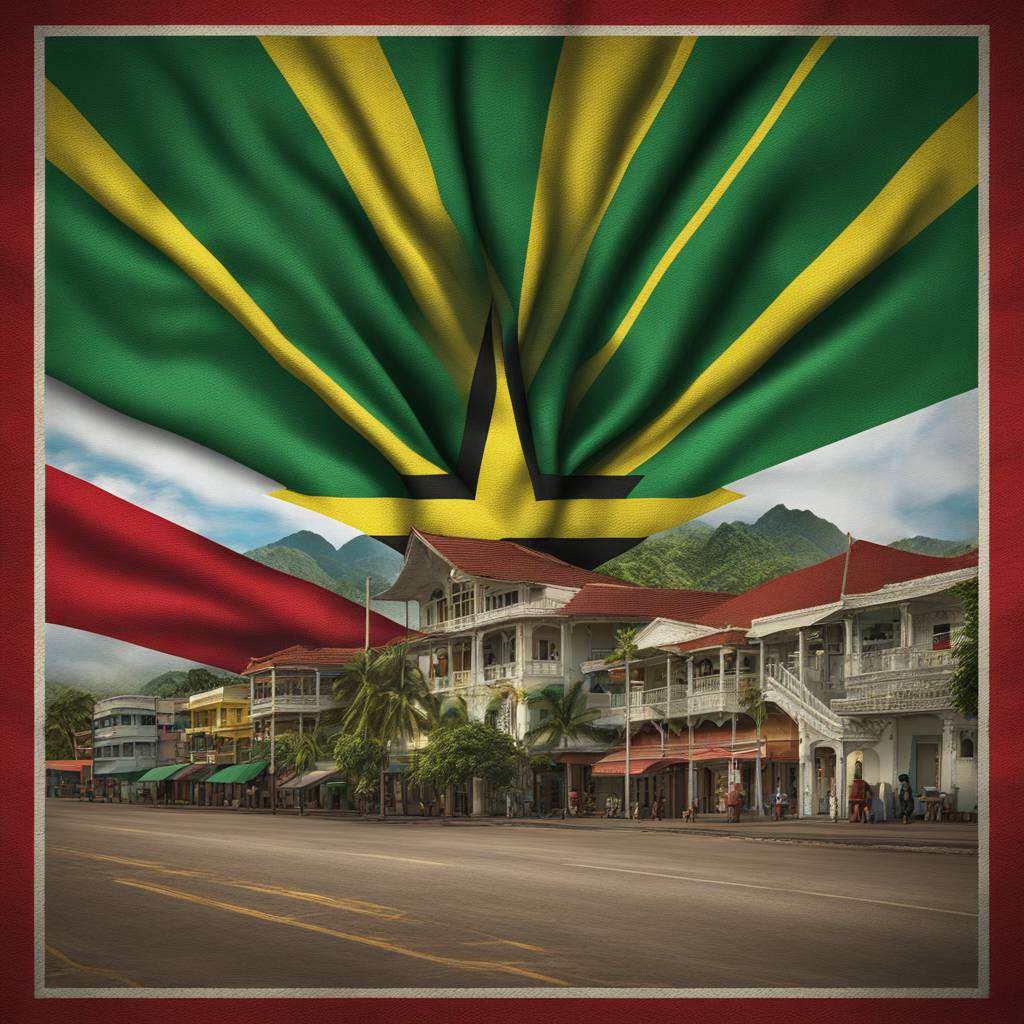Venezuelan President Nicolás Maduro’s decision to sign into law the results of a recent referendum claiming two-thirds of Guyana triggered strong backlash from Guyana’s government. The law was not immediately made public, but Guyana’s Ministry of Foreign Affairs stated that they would not give up any land and called the move an “egregious violation of international law.” Maduro argued that the disputed region was stolen when the border was drawn over a century ago and celebrated the signing as a “stellar and historic moment”. However, Guyana responded by stating that if Venezuela wants to contest the territory, they should do so through the International Court of Justice.
The dispute over the region of Essequibo has been ongoing for decades, with tensions escalating after the discovery of vast oil deposits near Guyana’s coast in 2015. Guyana took the case to the United Nations’ highest court in 2018 to uphold a border decision from 1899, while Venezuela claims a 1966 agreement nullified the original arbitration. A court ruling is not expected until next year, but in the meantime, Guyana is working with the U.S., France, and India to strengthen its military in case of annexation attempts. Venezuela has also been amassing troops and expanding bases near the border.
In an attempt to de-escalate the situation, the presidents of Guyana and Venezuela met in St. Vincent in December at the urging of regional leaders. However, they did not come to a resolution on the territorial dispute and only agreed to refrain from using threats or force against each other. A second meeting between the two presidents was supposed to take place last month, but no date has been set. The situation remains tense, with both countries asserting their claims to the disputed territory and taking steps to bolster their military capabilities.
The signing of the law by Maduro asserting Venezuela’s jurisdiction over Essequibo has sparked fears of a potential conflict between the two neighboring countries. Guyana has strongly rejected the move, stating that any dispute over the territory should be resolved through legal channels such as the International Court of Justice. The discovery of oil near the disputed region has only heightened tensions, with both countries taking steps to fortify their military presence in the area. The failure to reach a resolution in the meetings between the two presidents has left the situation unresolved and potentially volatile.
The ongoing territorial dispute between Guyana and Venezuela has roots in history and legal agreements dating back over a century. The recent move by Maduro to assert Venezuela’s claim to the disputed region has further inflamed tensions between the two countries, with both sides taking measures to strengthen their military capabilities in the area. Despite attempts to de-escalate the situation through meetings between the two presidents, a resolution to the territorial dispute remains elusive. The involvement of regional leaders and international organizations may be necessary to help mediate and find a peaceful solution to the ongoing conflict.


